In today’s fast-paced digital landscape, choosing the right customer support solution can feel akin to navigating a labyrinth—each turn presents a new choice, each corner a new consideration. Among the myriad contenders vying for your attention, two platforms stand out: Intercom and Freshdesk. Both designed to streamline communication and enhance customer experience, these tools offer distinctive features that cater to different business needs. As organizations strive to cultivate deeper relationships with their customers while managing inquiries efficiently, the challenge lies in identifying which solution aligns best with their specific objectives. In this article, we will dissect the key functionalities, pros and cons, and unique selling points of Intercom and Freshdesk, guiding you towards a well-informed decision that empowers your business’s customer support strategy.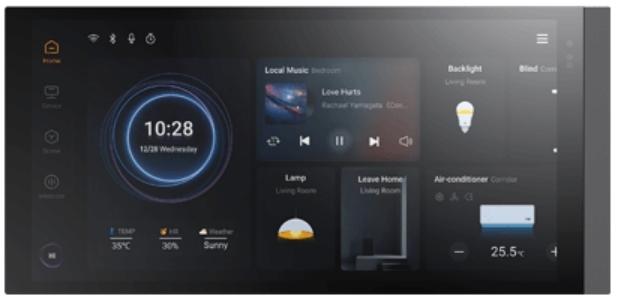
Understanding the Core Features of Intercom and Freshdesk
When evaluating customer support solutions, it’s essential to dive into the core features that define platforms like Intercom and Freshdesk. Intercom, known for its emphasis on customer communication, provides tools that facilitate real-time messaging. This allows businesses to engage with customers proactively through features such as live chat, automated messaging, and user segmentation. These tools are designed to improve customer experience by offering instant responses and personalized interactions. Additionally, Intercom integrates smoothly with various third-party applications, enabling businesses to streamline processes and gather insights that drive meaningful connections with their users.
On the other hand, Freshdesk shines with its ticketing system and comprehensive support features designed for managing customer inquiries effectively. Familiar features include email support, phone support, and social media integration, which help consolidate customer interactions across multiple channels. Freshdesk’s automation capabilities, such as ticket assignments and canned responses, improve agent efficiency while ensuring that no customer query falls through the cracks. Furthermore, its reporting and analytics tools provide valuable insights into team performance and customer satisfaction, making it easier for businesses to optimize their support processes.
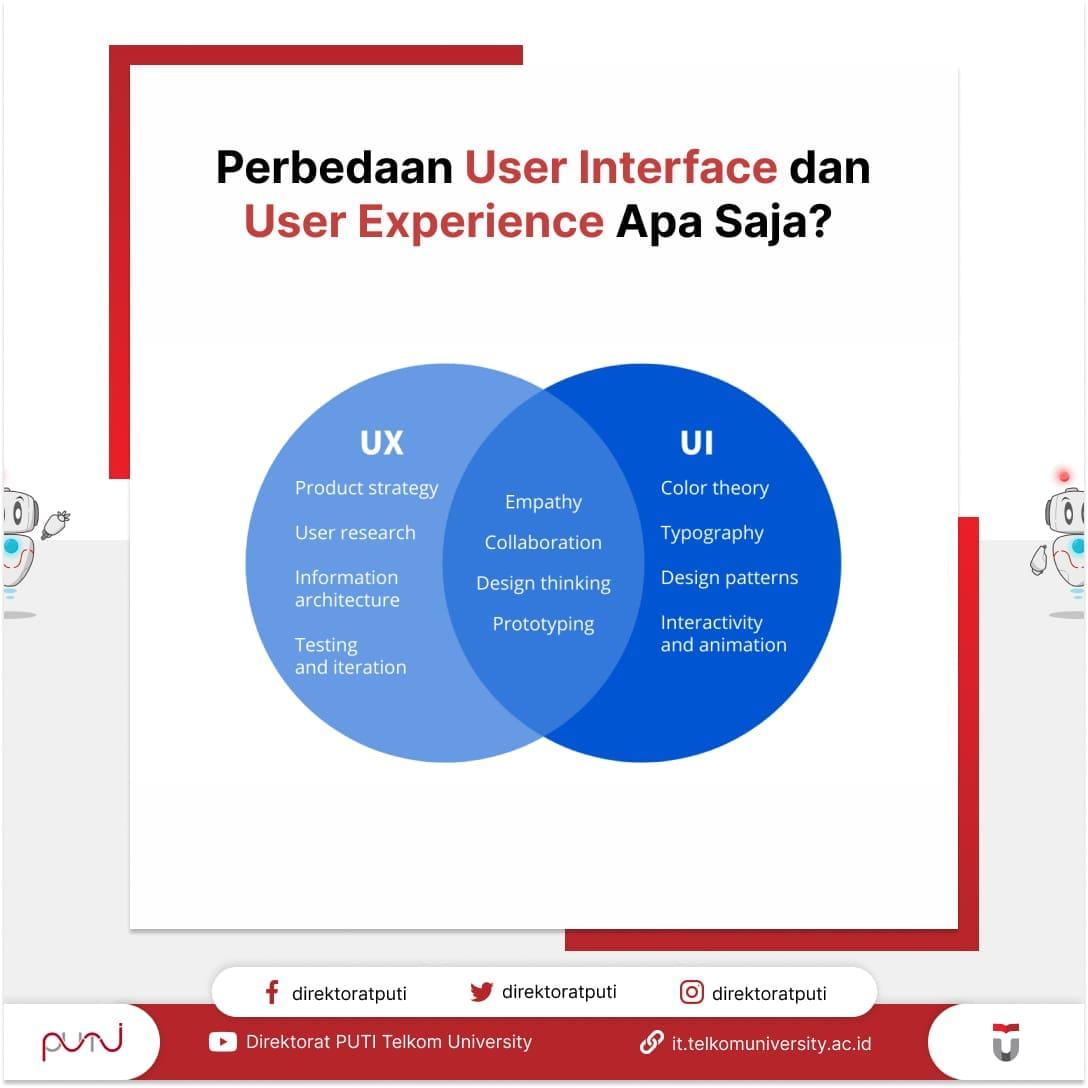
Evaluating User Experience and Interface Design
When it comes to choosing between Intercom and Freshdesk, evaluating user experience (UX) and interface design is crucial for making an informed decision. Both platforms aim to enhance customer interaction, yet they approach this goal differently. Intercom’s design emphasizes a modern, streamlined interface that encourages engagement through chatbots and targeted messaging. Users find it visually appealing and intuitive, allowing for swift navigation and interaction. Key features of Intercom’s UX include:
- Real-time messaging that keeps customers informed.
- Customizable dashboards to fit various team needs.
- Integrated support tools for seamless customer journeys.
In contrast, Freshdesk provides a clean, organized interface that caters to users who prefer a more traditional helpdesk experience. Its design focuses on efficiency, with a ticketing system that minimizes clutter while maximizing usability. Users appreciate the robust functionalities available at their fingertips. Notable elements that enhance Freshdesk’s design include:
- Multi-channel support that consolidates customer queries.
- Automated workflows that streamline responses.
- Knowledge base integration to empower self-service options.
Feature Comparison:
| Feature | Intercom | Freshdesk |
|---|---|---|
| Chat Support | Yes | No |
| Automation | Basic | Advanced |
| Mobile App | Yes | Yes |
| Self-Service Tools | Limited | Comprehensive |
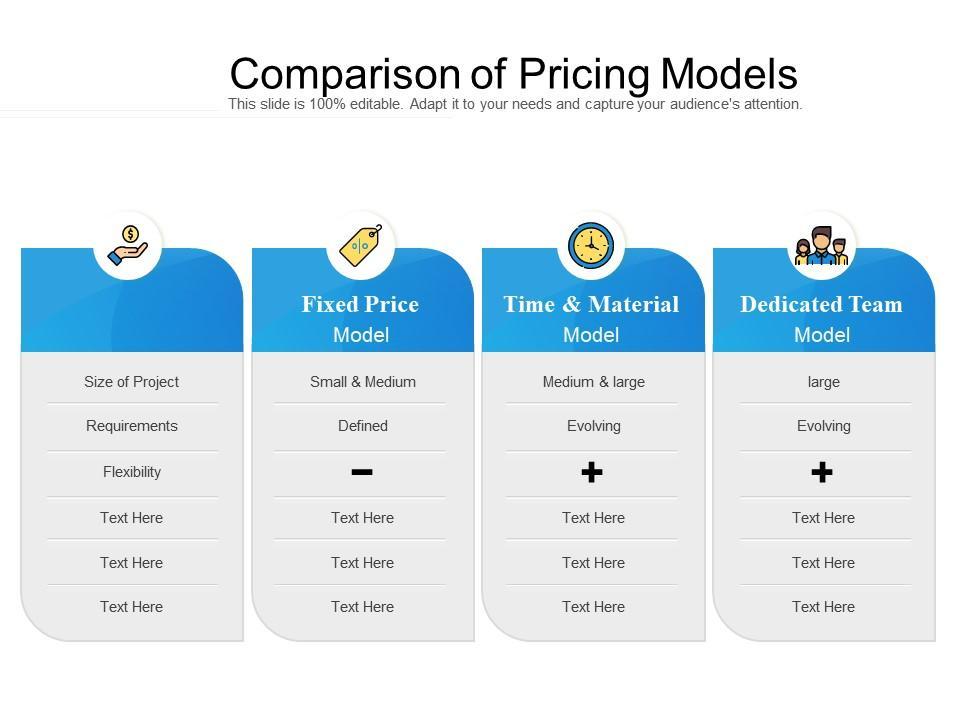
Comparing Pricing Models and Value for Money
When it comes to selecting the right customer support platform, understanding the pricing models of Intercom and Freshdesk is essential. Intercom adopts a tiered pricing structure based on user seats and features, making it scalable but potentially costly for larger teams. Their basic package starts modestly, but as businesses scale and require enhanced functionalities like advanced reporting or custom integrations, costs can escalate quickly. In contrast, Freshdesk offers a more straightforward, per-agent pricing model that can be perceived as more economical for small to medium-sized businesses. With a free tier available for basic support, Freshdesk provides considerable value, especially for startups looking to minimize expenses while still accessing core support features.
Value for money is multifaceted, and both platforms bring distinct advantages. Intercom’s strength lies in its powerful automation tools and engaging messaging capabilities, which can lead to higher customer satisfaction and retention rates. Conversely, Freshdesk shines with its extensive ticketing system and customizable workflows, making it ideal for teams prioritizing structured customer support. To facilitate a better comparison, consider the following key features and their associated costs:
| Feature | Intercom Cost | Freshdesk Cost |
|---|---|---|
| Basic Package | $39/month per seat | Free (basic features) |
| Advanced Automation | $99/month per seat | $15/month per agent |
| Custom Reporting | Included in higher tiers | $49/month per agent |
both Intercom and Freshdesk present compelling options depending on unique business needs and budget constraints. Evaluating the overall cost in relation to the key features ensures that companies make informed decisions that align with their operational goals. Whether emphasizing the automated customer journey provided by Intercom or the structured support that Freshdesk offers, the right choice will hinge on the specific demands of your enterprise.
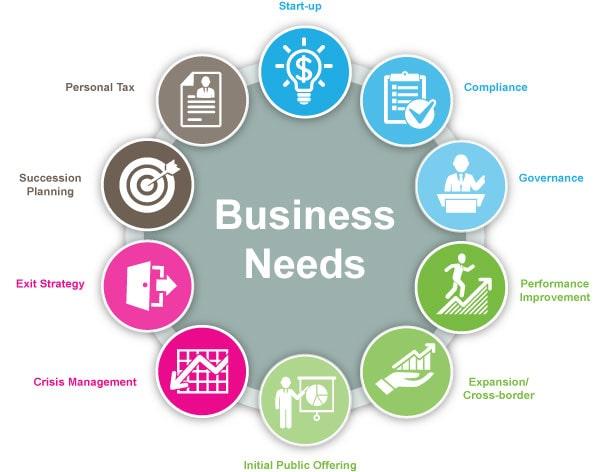
Identifying the Ideal Use Cases for Your Business Needs
When choosing between Intercom and Freshdesk, pinpointing your business requirements is essential for maximizing operational efficiency. Each platform excels in different areas, catering to a variety of use cases. For instance, Intercom is particularly strong in real-time customer engagement and is ideal for businesses that prioritize proactive customer communication. It’s well-suited for startups and tech companies that thrive on innovation and need an agile messaging system to keep their users informed and engaged.
On the other hand, Freshdesk is an excellent choice for businesses requiring a robust ticketing system and comprehensive customer support features. Its streamlined support tools are ideal for companies with high volumes of customer inquiries, making it perfect for larger organizations or those in industries where customer service is crucial, such as e-commerce or telecommunications. Consider your business model when weighing the scales; knowing whether your focus is on proactive engagement or reactive resolution will guide you in selecting the solution that fits your unique needs.
Future Outlook
In the fast-paced world of customer support, choosing the right tool can make all the difference for your business. Throughout this exploration of Intercom and Freshdesk, we’ve examined their distinctive features, strengths, and pricing structures, giving you a comprehensive view of how each platform can enhance your customer engagement strategy.
Ultimately, the best solution for your organization hinges on your unique needs—be it a powerful chat interface, robust automation, or seamless integrations. The path to outstanding customer service is paved with the right tools, and by carefully weighing your options, you can empower your team to build lasting relationships with your clientele.
No matter which platform you choose, remember that the goal is not just to resolve issues but to create memorable experiences that keep your customers coming back for more. As you embark on this decision-making journey, take the insights shared here and align them with your business vision. The right choice is waiting to unlock your potential in the world of customer support.


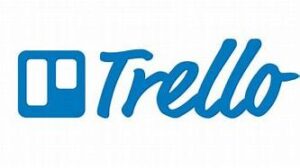
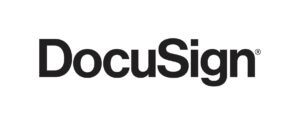

Pingback: Intercom vs. Zendesk: Which Customer Support Platform is Right for You? - AI in Novas